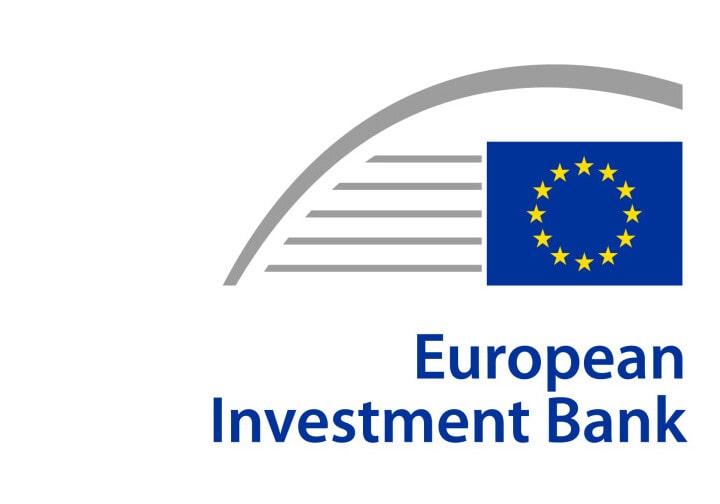The EIB has granted a loan of €3.4 billion to support various projects in the circular economy.
The European Investment Bank (EIB) has been actively supporting the circular economy by providing substantial funding to relevant projects. In the past five years alone, the EIB has lent a total of €3.4 billion to circular economy initiatives, with a record-breaking amount of €1.1 billion in 2022. These figures were announced ahead of the World Circular Economy Forum 2023 (WCEF 2023) held in Helsinki, Finland from May 30 to June 2.
While the European Investment Bank’s financial commitment to the circular economy is commendable, there is still a significant funding gap that needs to be addressed. According to a recent study conducted by the European Investment Bank titled “Cutting plastics pollution – Financial measures for a more circular value chain,” the plastics recycling sector alone requires at least €6.7 billion of investment to achieve Europe’s recycling targets. This highlights the urgent need for additional financial support to drive the circular economy forward.
To further accelerate the transition to a circular economy, the EIB has been forging strong partnerships with multilateral development banks and civil society organizations. By collaborating with these entities, the EIB aims to enhance its efforts in promoting sustainable practices and ensuring a more efficient use of resources.
Ambroise Fayolle, the EIB Vice-President responsible for financing environment, climate action, and the circular economy, emphasized the crucial role financial institutions play in driving the transition to a carbon-neutral and circular economy. He stated that the circular economy is essential in maximizing resource utilization and minimizing waste, which are vital for achieving carbon neutrality. Fayolle expressed the EIB’s commitment to supporting the circular economy, citing the €3.4 billion provided for co-financing 118 circular economy projects across various sectors in the past five years. He also emphasized the EIB’s readiness to do more to meet the lending needs of its partners in the circular economy sector.
The EIB’s continued investment in circular economy projects demonstrates its commitment to promoting sustainable practices and addressing environmental challenges. By providing substantial funding and building partnerships, the EIB is playing a vital role in driving the transition towards a more circular and sustainable future. With ongoing efforts and increased financial support, the aim is to bridge the funding gap and accelerate the adoption of circular economy principles across industries, ultimately contributing to a greener and more resilient economy.
The European Investment Bank (EIB) has emerged as a leading financial institution in driving the transition towards a circular economy. With a steadfast commitment to sustainable development, the EIB has significantly increased its lending to circular economy projects over the years. In fact, the bank has provided an impressive €3.4 billion in funding for such initiatives in the past five years alone, with a record-breaking amount of €1.1 billion in 2022.
These figures were recently unveiled ahead of the highly anticipated World Circular Economy Forum 2023 (WCEF 2023) held in Helsinki, Finland. The announcement showcases the EIB’s dedication to promoting the circular economy and its role as a key player in financing projects that align with sustainable and environmentally conscious principles.
However, despite the EIB’s commendable efforts, there remains a significant financing gap that needs to be addressed. According to the EIB study titled “Cutting plastics pollution – Financial measures for a more circular value chain,” the plastics recycling sector alone requires a staggering investment of at least €6.7 billion to meet Europe’s ambitious plastics recycling targets. This highlights the urgent need for additional funding to support circular economy initiatives and accelerate the transition towards a more sustainable future.
Recognizing the importance of collaboration, the EIB has been actively building strong partnerships with multilateral development banks and civil society organizations. By joining forces with these key stakeholders, the bank aims to leverage expertise and resources to expedite the adoption of circular economy practices on a global scale. These partnerships enable the EIB to maximize its impact and foster the necessary conditions for sustainable economic growth.





